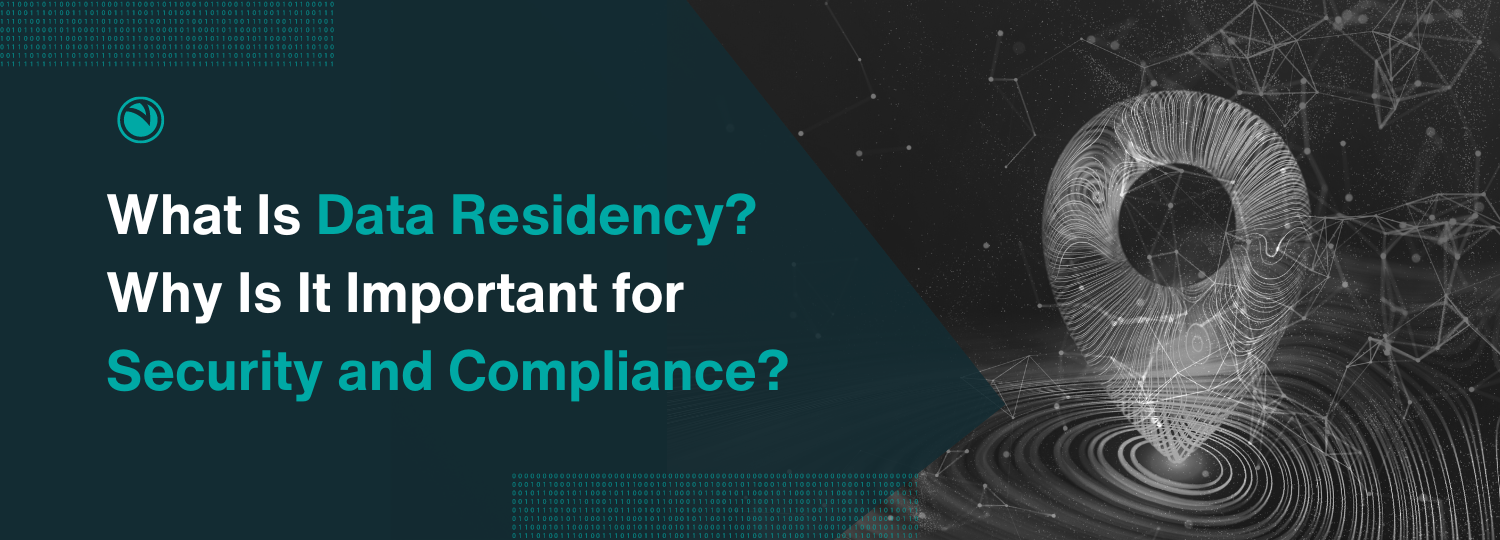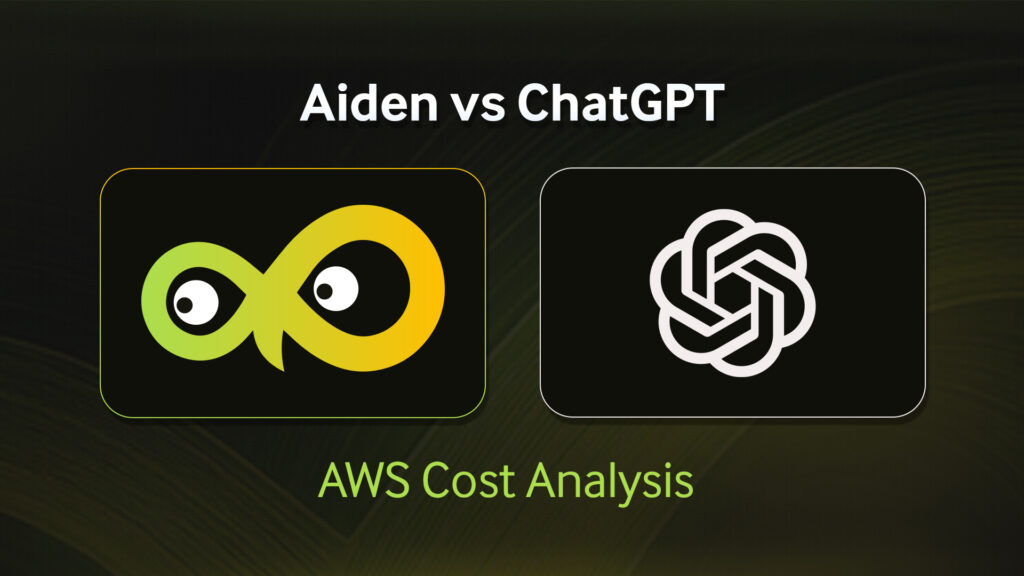In the domain of security and compliance regulations, data residency plays a pivotal role in safeguarding sensitive information and ensuring adherence to legal requirements.
Many countries and regions have specific data protection laws that mandate certain data to remain within their borders, aiming to protect the privacy and security of their citizens. This is where the concept of data residency applies. Data residency refers to the physical or geographical location where data is stored and processed. Adhering to data residency requirements is essential for organizations to prevent legal consequences, uphold trust with users, and reduce the risk of unauthorized access or breaches.
In this blog, we’ll discuss why data residency is crucial for entities operating across borders and how compliance can be achieved by maintaining an intricate balance between global operations and regulatory responsibilities.
The Paytm Fiasco: Ramifications of Data Residency Non-Compliance
As companies struggle to navigate the complex landscape of data residency compliance, the recent news about Paytm, a multinational financial technology, and its persistent non-compliance issues offers a candid glimpse into how important adherence to data residency standards can be for multinational companies.
The Reserve Bank of India (RBI) has recently imposed restrictions on the company’s customer onboarding activities as a consequence of its failure to comply with data residency regulations. The regulatory body in India had previously issued notifications concerning the flow of payment data, emphasizing that all service providers must guarantee the exclusive storage of data pertaining to the payment systems they operate within the geographical confines of India.
This article by The Economic Times states that the RBI is extremely serious about data localisation, and its action against Paytm could be a result of issues pertaining to data storage and access. “It is of paramount importance for any business enterprise in the tech space or handling data for any business purpose, whether regulated or not, to store data within the territory of India to protect data of the users,” says Rishabh Mastaram, founder of RGM Legal, which focuses on startups and legal audits.
Such regulations imposed by regulatory bodies aim to protect the integrity, confidentiality, and privacy of sensitive information, fostering a secure and compliant environment within the digital landscape.
Understanding Data Residency: Exploring Key Components
To better understand data residency and its significance in security and compliance, let’s delve deeper into the components that form data residency.
Data Localization
One fundamental aspect of data residency is data localization. This involves storing and processing data within specific geographical boundaries, often dictated by regulatory requirements. The idea behind data localization is to ensure that certain types of data remain within designated regions, thereby promoting data security and compliance with local laws. Organizations must navigate the challenges of establishing infrastructure that adheres to these localization norms in order to uphold the integrity and legal standing of the stored data.
Data Sovereignty
Data sovereignty is another crucial aspect that intersects with data residency. It refers to the concept that data is subject to the laws and regulations of the country in which it is located. In the context of data residency, data sovereignty emphasizes the control and authority that a nation has over the data stored within its borders. Understanding and complying with data sovereignty principles is important for organizations, enabling them to align their data management practices with the legal frameworks of specific jurisdictions.
Legal and Compliance Considerations
Various jurisdictions have enacted stringent data protection laws and regulations that organizations must navigate to ensure the lawful storage of data. These considerations encompass a wide range of factors, including privacy laws, data protection requirements, and industry-specific regulations. Addressing legal and compliance aspects is paramount for organizations to avoid legal repercussions and establish trust with stakeholders.
Why Data Residency Matters: The Security and Compliance Perspective
Protecting Sensitive Information
Data residency ensures that sensitive information is stored within secure and controlled environments. By adhering to specific geographical boundaries, organizations can implement robust security measures tailored to the regulatory and legal requirements of that jurisdiction.
Mitigating Cybersecurity Risks
Localized data residency strategies help mitigate cybersecurity risks by enabling organizations to focus on securing a specific geographical area. This approach allows for a more targeted and effective response to potential threats, reducing the overall vulnerability of the data.
Control Over Data Access
Data residency gives organizations greater control over who can access and manage their data. This control is crucial in preventing unauthorized access and potential data breaches, as access permissions can be closely monitored and regulated.
GDPR and Beyond
Compliance is non-negotiable when it comes to stringent data protection laws such as the GDPR, HIPAA, and SOC 2. Data residency becomes a cornerstone in meeting these regulations and their unique data protection stipulations.
Building Trust With Stakeholders
Demonstrating commitment to compliance through data residency not only safeguards organizations legally, but also builds trust with customers, partners, and regulatory bodies. Stakeholders are more likely to trust entities that prioritize the protection of their data and adhere to established regulations.
How OpsVerse Helps With Data Governance and Data Residency
OpsVerse is a fully-managed DevOps tools platform that can run anywhere and in any region of any cloud. This flexibility gives our customers the freedom they deserve to choose the exact location for running their DevOps tools, customizing the platform to align with their specific data residency requirements in the process.
Moreover, we offer the option of Private SaaS deployment which empowers customers to manage their DevOps tools within their own cloud accounts. This not only ensures full data governance and residency control over the generated data, but also aligns seamlessly with the platform’s inherent flexibility in meeting diverse data residency requirements. Additionally, OpsVerse’s capabilities are further bolstered by ObserveNow — a fully-managed, open-source observability stack. It also includes the Private SaaS deployment option, enabling customers to efficiently manage the flow of data within their own network’s perimeter. The result? Precise control over the physical location of data for heightened security and compliance.
One of the key data types managed by ObserveNow is log data. Logs often contain sensitive user data but are commonly overlooked by organizations, leading to non-compliance and/or security compromise. With Private SaaS, organizations have greater control and isolation of their infrastructure. This extends to the storage and handling of log data. This type of dedicated cloud environment significantly reduces the risk of unauthorized access or data breaches from external entities, ensuring a robust and secure operational framework.
Learn more about how the OpsVerse team can help you with your unique data security and residency requirements by speaking to our experts. Additionally, stay tuned for our upcoming eBook which further explores the various aspects of data residency, ensuring you have the critical insights you need to properly manage data security protocols.











